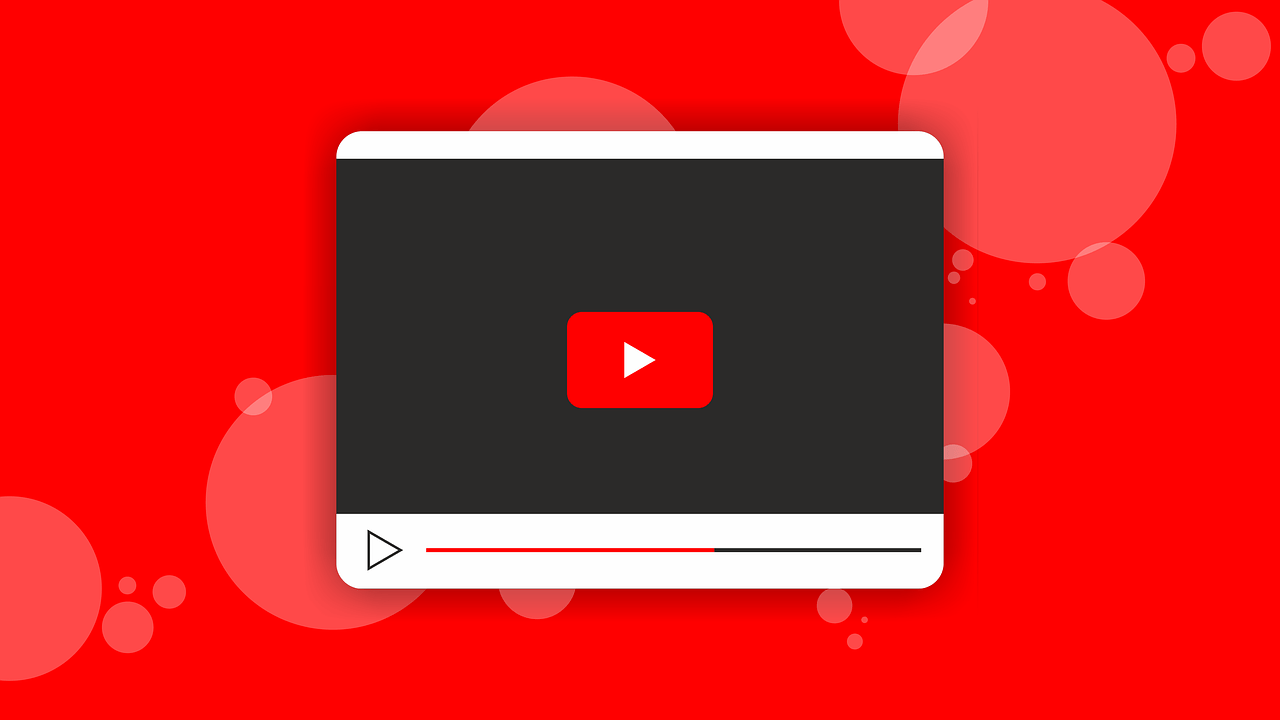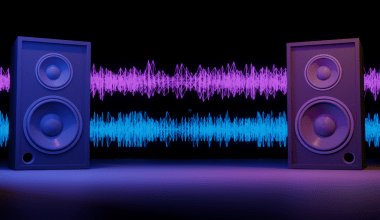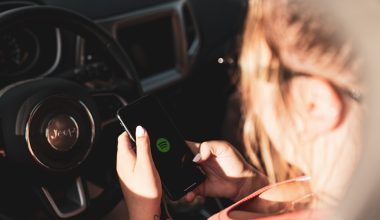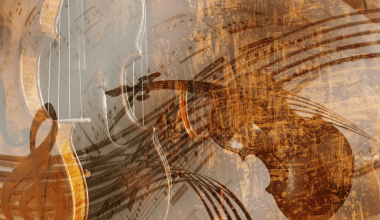If you’ve ever wondered how your favorite songs are identified on platforms like Spotify, YouTube, or Apple Music, the answer lies in a small but mighty code called the ISRC code.
ISRC stands for International Standard Recording Code. It’s a unique code given to each song or recording, like a fingerprint. This code helps music platforms, radio stations, and copyright organizations track and manage your songs.
Imagine if your song was a student in a big school. The ISRC code is like a roll number that makes sure no one gets confused about who the student (or song) is. It’s the same no matter where your song plays in the world.
Why is ISRC Important for Artists?
For an artist, the ISRC code is one of the most important tools for their music career. Here’s why:
- Tracks Your Music: ISRC codes track how your music is used, whether it’s played on Spotify, the radio, or used in a YouTube video.
- Helps You Get Paid: When your song is played, the ISRC code makes sure you get your share of royalties.
- Global Recognition: No matter where your song plays—India, the US, or Australia—the ISRC code stays the same and identifies your song.
- Required for Distribution: Without an ISRC code, you can’t upload your music to platforms like Spotify or Apple Music.
In short, an ISRC code ensures your music doesn’t get lost in the crowd and that you get credit where it’s due.
Breaking Down the ISRC Code
An ISRC code is a 12-character string. At first, it might look confusing, but once you understand the parts, it’s easy to get.
Let’s break it down:
- Example ISRC Code: US-AAA-23-00001
Here’s what it means:
- US: The first two letters show the country where the ISRC was issued.
- AAA: This is the registrant code, usually for the record label or the distributor.
- 23: This shows the year the ISRC was created, in this case, 2023.
- 00001: This is a unique number for the track.
Every ISRC code is different, so no two songs can have the same code. Even remixes or new versions of a song will need a new ISRC code.
How to Get an ISRC Code
If you’re an artist or a music producer, getting an ISRC code is not as complicated as it sounds. You can get one in three simple ways:
- Through a Music Distributor:
Platforms like Deliver My Tune, TuneCore, or CD Baby often provide free ISRC codes when you distribute your songs through them. - From Your Country’s ISRC Agency:
Each country has an official body that issues ISRC codes. For example, in India, the Phonographic Performance Ltd (PPL) provides ISRC codes. - Using Aggregators:
Some online tools and aggregators allow you to generate ISRC codes for a small fee.
Tip: If you’re just starting, it’s easiest to let your distributor handle the ISRC codes for you.
What Happens If You Don’t Use an ISRC Code?
Without an ISRC code, your music will lose its identity. Here’s what could happen:
- No Royalties: Platforms won’t be able to track your song plays, so you might lose out on royalties.
- Harder to Get Recognized: Your music could get mixed up with someone else’s, especially if the titles are similar.
- Limited Reach: You won’t be able to distribute your music to major platforms.
It’s like sending a letter without an address—your song might get lost in the vast world of music!
Where is the ISRC Code Used?
ISRC codes are used everywhere music is played. Here’s a list of where you’ll see them in action:
- Streaming Platforms: Like Spotify, Apple Music, and YouTube.
- Radio Stations: For tracking airplay.
- Digital Downloads: On platforms like iTunes.
- CDs and Vinyl Records: Embedded in the track information.
- Licensing Deals: For movies, TV shows, and advertisements.
How Does the ISRC Code Help You Earn Royalties?
Royalties are payments you earn every time someone plays your song. The ISRC code ensures these plays are tracked.
Here’s how it works:
- When your song is streamed or downloaded, the platform reads the ISRC code.
- It logs the number of plays under that code.
- Based on this data, the royalties are calculated and paid to you.
Even if your song is played in a different country, the ISRC code ensures you’re still paid.
ISRC Code vs. UPC Code: What’s the Difference?
Many artists confuse ISRC codes with UPC codes. Here’s a quick way to understand the difference:
- ISRC Code: Used for individual songs. Think of it as a song’s ID.
- UPC Code: Used for entire albums or collections. It’s like the ID for the whole package.
If you release an album, each track will have its own ISRC code, but the album will have one UPC code.
Easy Steps to Manage Your ISRC Codes
Managing ISRC codes is easy once you start keeping track. Follow these tips:
- Maintain a List: Keep a spreadsheet with all your songs and their ISRC codes.
- Use the Same Code for the Same Recording: Don’t create new ISRC codes for old songs.
- Work with Reliable Distributors: Choose distributors like Deliver My Tune that manage ISRC codes for you.
Why ISRC Codes are Essential for Licensing
If you want your music in movies, ads, or TV shows, ISRC codes are a must. Licensing companies use these codes to ensure your music is credited properly.
For example, if your song is used in a commercial, the ISRC code makes it easy for them to track and pay you.
Fun Facts About ISRC Codes
- The ISRC system was created in 1989 by the International Organization for Standardization (ISO).
- Over 1 billion ISRC codes have been issued worldwide!
- Some artists prefer to generate their own ISRC codes to maintain full control.
How Deliver My Tune Helps with ISRC Codes
If you’re an artist looking for hassle-free music distribution, Deliver My Tune is your best friend. Here’s what we offer:
- Free ISRC codes for every track.
- Distribution to 100+ platforms.
- Tools for royalty tracking and playlist pitching.
You focus on your music; we’ll handle the rest.
Final Words: Start Using ISRC Codes Today
Now that you know what ISRC codes are and why they’re important, make sure every song you release has one. Whether you’re a new artist or an experienced pro, ISRC codes are your ticket to global recognition and earnings.
If you’re ready to share your music with the world, start by getting your ISRC codes through a trusted distributor like Deliver My Tune.
Related Articles:
For further reading, explore these related articles:
- Do You Know Lyrics: Why Song Words Stick With Us Forever
- How to Monetize on YouTube and Start Earning from Your Videos
For additional resources on music marketing and distribution, visit DMT RECORDS PRIVATE LIMITED.






